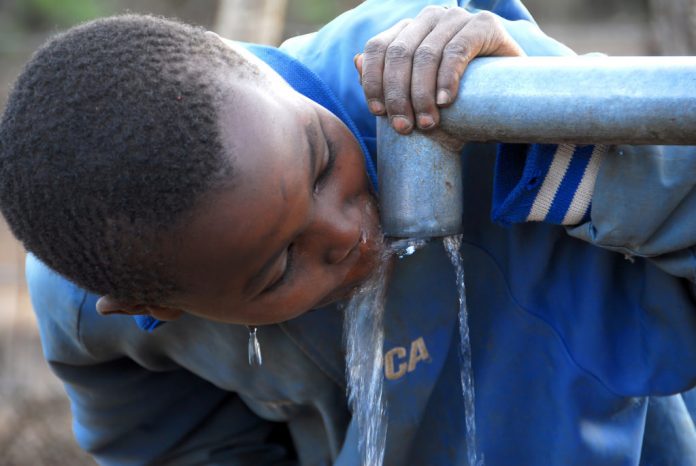Brussels on July 10 announced plans to fund a package of financial guarantee programmes worth around €800m. The aim is for the programmes to leverage an estimated €8-9bn in public and private investment in Africa and the neighbourhood.
Observers consider this a major milestone towards delivering investments in Africa and the neighbourhood through the EU’s External Investment Plan (EIP), which is expected to leverage €44bn of investments through an EU contribution worth €4.1bn.
The EIP aims to promote inclusive growth, job creation and sustainable development and in this way to tackle some of the root causes of irregular migration, according to a European Commission press release.
One of the new programmes for example will benefit people who currently have difficulty borrowing money at affordable rates, such as internally displaced people, refugees or returnees. Another programme will enable over 25,000 small businesses to access mobile accounts and long-term credit, in order to support the financial inclusion driven by diasporas, migrants’ families and returnees.
“The EU’s External Investment Plan has already started to bring real benefits to the people in our partner countries,” said High Representative/Vice-President Federica Mogherini. “These guarantee programmes for sustainable investment give now access to affordable loans to people who have been forced to flee their country and those who have recently returned home to rebuild their lives: to start small businesses or to have access to new technologies. This plan is about building a new present for many people and for their countries, it is about changing lives, now and for good.”
Commissioner for International Cooperation and Development Neven Mimica added that the EU is on the right track to fulfilling commitments under the External Investment Plan. “Since its launch last September, we have mobilised €800m in guarantees and €1.6bn in blending, which will overall translate into over €22bn public and private investments. This will support much needed investment in sustainable development and decent job creation particularly in Africa.”
Commissioner for European Neighbourhood Policy and Enlargement Negotiations Johannes Hahn called for concrete, innovative and sustainable projects. “More prosperity in the EU’s immediate neighbourhood is not only good for our European economies and businesses. It is a long-term investment in the stability and security of our partners in the neighbourhood and for Europe,” he said.
Meanwhile, the External Investment Plan’s financial pillar consists of two parts. The first is a Guarantee Fund (for a total of €1.5bn by 2020). On July 10, the EU allocated €800m from the Guarantee of the European Fund for Sustainable Development. This is expected to leverage €8-9bn of public and private investments. The guarantees will cover operations in several areas: financing for small businesses, including ones involved in agriculture; sustainable cities; sustainable energy and connectivity; and access to the internet and digital services.
Blending Facilities (for a total of €2.6bn by 2020) is also on the cards. Since 2017, the EU has made available a total of €1.6bn for interventions mixing EU grants with loans (so-called blending). This will help to leverage up to €14.6bn in investments. These programmes will cover areas such as transport, energy, environment, agriculture, urban development sectors and also improve access to finance for local micro, small and medium enterprises.

